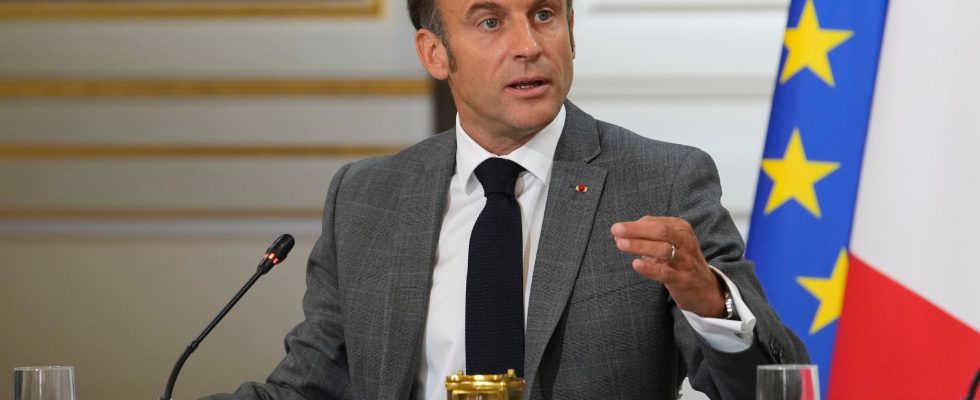Public officials readily compare the policy to a harmful addiction, so they limit its use. “Power is a drug because you give everything. If you don’t stay long enough, it’s too short. But if you stay too long, it’s dangerous. Quickly, you think that no one would do better that oneself”, has just explained the author of the reform limiting the number of consecutive presidential mandates to two, Nicolas Sarkozy. He knows what he’s talking about, he who failed to succeed himself in 2012 then tried again to come back, beaten in the first round of his camp’s primary in 2016. Since the start of his first five-year term, and even more obviously since the dawn of the second, Emmanuel Macron has been obsessed with this countdown.
Public officials like to change the Constitution, they talked about it again in Saint-Denis, and no doubt it is sometimes necessary. Now it is striking to note that, in this area which could appear to be their specialty, recent modifications, for a good part of them in any case, have proven to be unfortunate. The five-year term instead of the seven-year term? Too short. The ban on staying more than ten years at the Elysée? Desirable as well as disabling.
Public officials are the first to regret the loss of authority, but they saw off the branch on which they are sitting. And the institutions no longer have the necessary strength in the country to cushion the shock. We must hear this minister, a fellow adventurer from the start, expound on the fact that there will be “no macronism stricto sensu after Macron” to measure the extent of the damage: today Emmanuel Macron is struggling to impose any. Far from correcting them, the passage of time only accentuates its faults. This president has always believed in performative speech, he loves political and media stunts, he retains the skill and energy of his beginnings, but, whatever head of state he is, he is faced with a challenge impossible: worse than fighting against windmills, triumphing over an hourglass.
